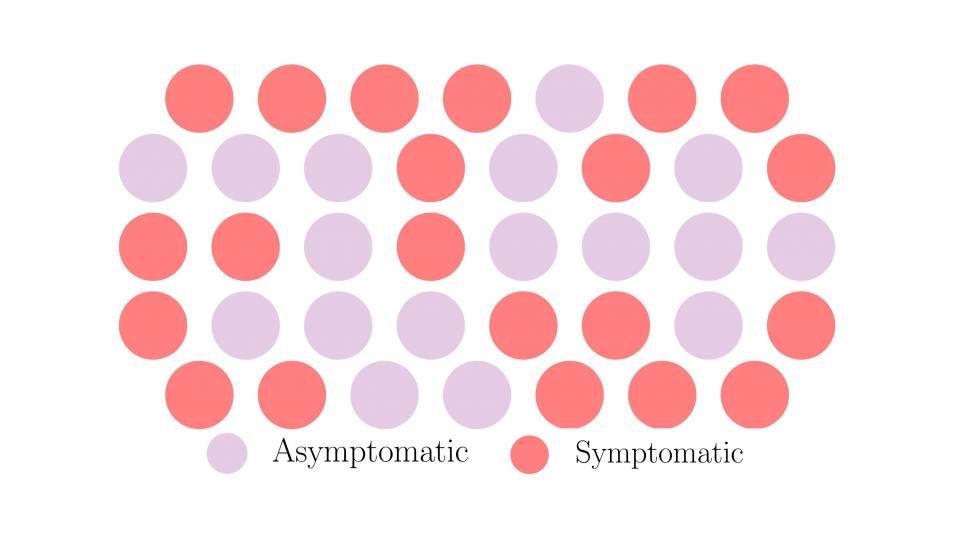Mathematical analysis could aid flu vaccine selection
Millions of people may one day have better odds of fending offthe flu as a result of new research that could improve the choice of viral strains included in each year's vaccine.
Princeton researchers Joshua Plotkin, Jonathan Dushoff and SimonLevin analyzed the genetic sequences of flu strains from the last 16years and found patterns that could be used to predict which strain is likely to predominate in the following year.
Each year, the scientists at the World Health Organization, the U.S.Centers for Disease Control and the National Institutes of Healthanalyze pre-season reports of flu cases around the globe and selectwhich of the constantly evolving strains of influenza virus to includein the 75 million doses of flu vaccine that are distributed around the country.
These predictions have proven to be largely accurate and theresulting vaccines are credited with saving millions of lives. In someyears, however, the vaccine has not targeted the strain that turned out to be most active.
In a paper published in the April 23 online edition of theProceedings of the National Academy of Sciences, the Princetonresearchers proposed a mathematical method for predicting the comingyear's flu strain based on the genetic sequences of the strains from previous years.
Applying the technique to each of the last 16 flu seasons, theresearchers concluded that, for a few of the years, their approachprobably would have chosen a more prevalent strain than the one thatwas actually included in the vaccine. In at least one year, however,their mathematical technique failed to identify the most active strain, which public health officials did correctly identify.
"Certainly we don't think this should replace what the CDC and WorldHealth Organization are doing," said Levin, the George MoffettProfessor of Biology and professor of ecology and evolutionary biology."It is just another tool that we think can help inform the decision making."
Read the full news release .
Contact: Marilyn Marks (609) 258-3601



